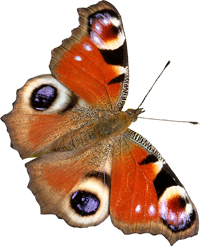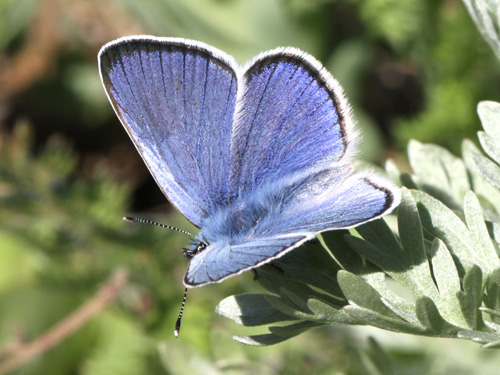
Valais, Switzerland, May 2014
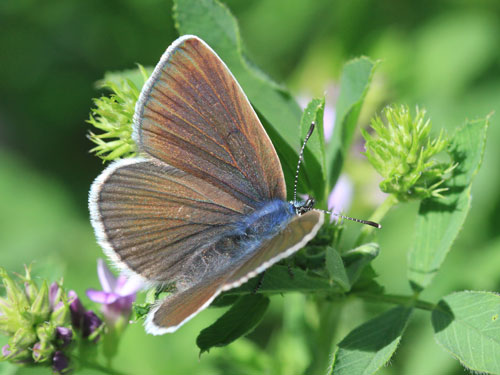
Valais, Switzerland, June 2012
Female.
Field notes and information
A widespread and sometimes common species in flowery meadows where sainfoin Onobrychis grows.
Identification & Similar species: The distinctive feature is the row of large oval spots on the underside forewing. This curves towards the anal angle, rather than keeping a more or less fixed distance from the margin. Upperside black borders broaden towards the forewing apex on the male. The underside is a pale silvery blue with small black spots and the basal area is extensively blue or greenish.
Distribution & Flight: Europe except UK, central and northern Scandinavia. Mountains of Algeria and northeast Tunisia. Usually in May and June but found from April and into early July.
Habitat & Behaviour: Grassy flowery places, often dry in the Mediterranean region. Often amongst scrub or woodland. Frequently visits flowers but also takes salts from mud, droppings and carrion. We found around 30 individuals (all males) on a dead horse in Greece - the smell was too repulsive to approach for photography.
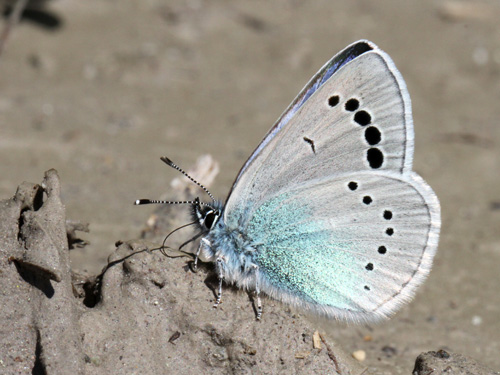
Valais, Switzerland, May 2014
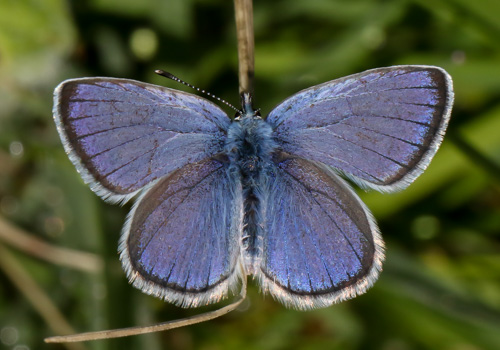
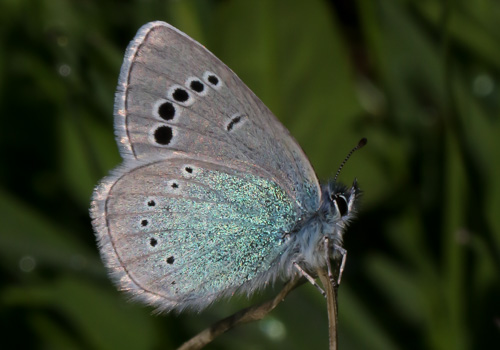
Valais, Switzerland, May 2022
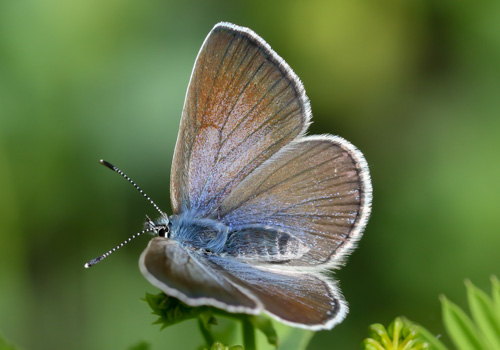
Digne les Bains, France, May 2022
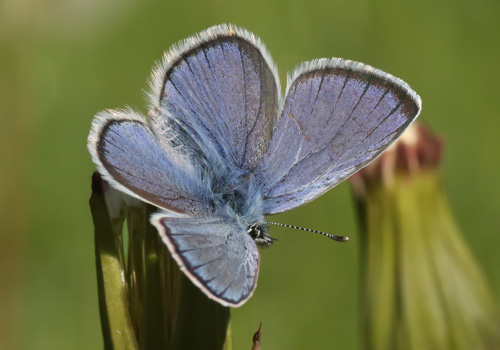
Valais, Switzerland, May 2022
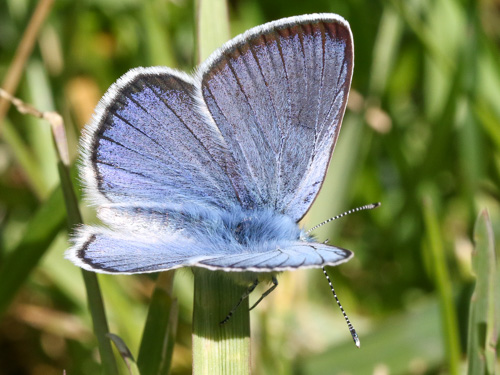
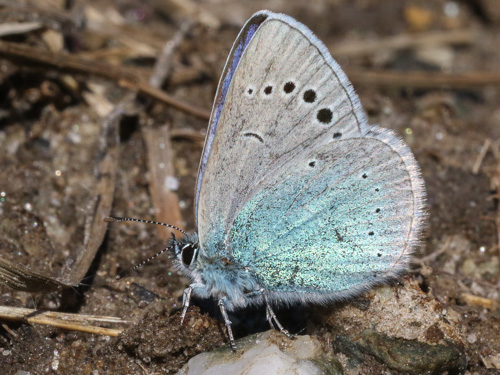
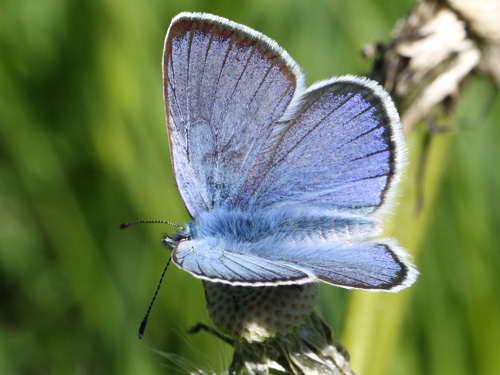
Valais, Switzerland, April 2017
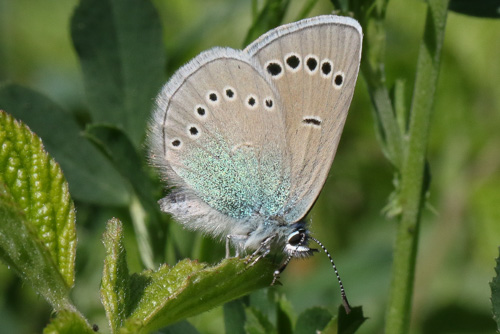
Valais, Switzerland, May 2018
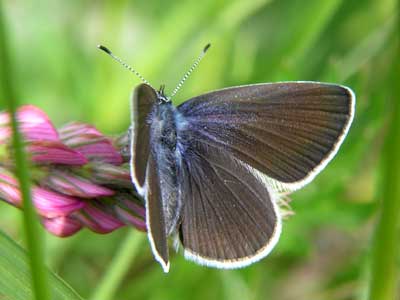
Valais, Switzerland, May 2005
Female.
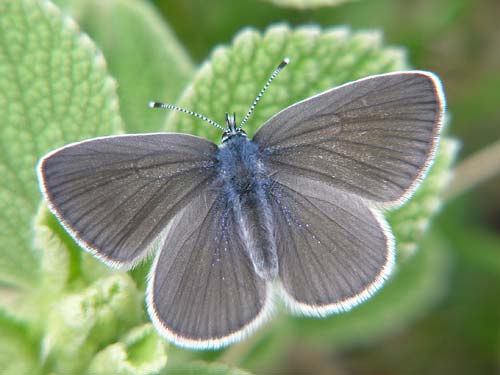
Kozani, Greece, May 2004
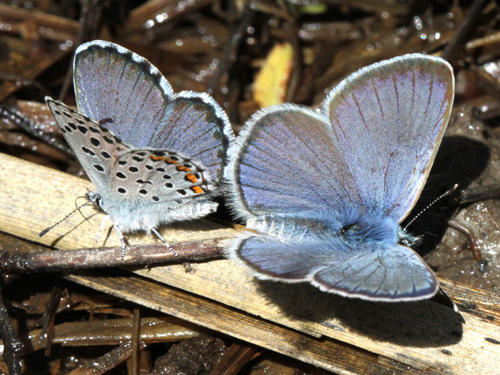
Valais, Switzerland, May 2014
With Pseudophilotes baton baton blue.
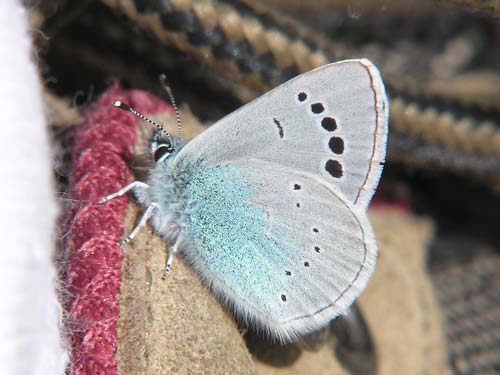
Alpes-Maritimes, France, May 2004
Unique line of black forewing spots clearly start discally near the costa and move outwards.
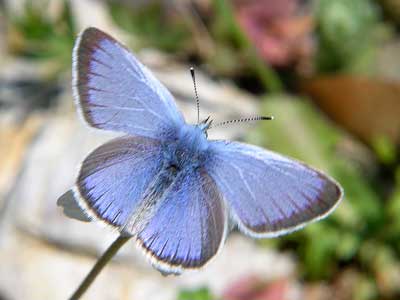
Lesbos, Greece, April 2005
Heavy black marginal markings.
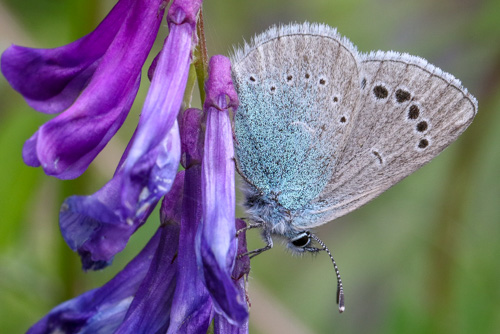
Sicily, Italy, May 2018
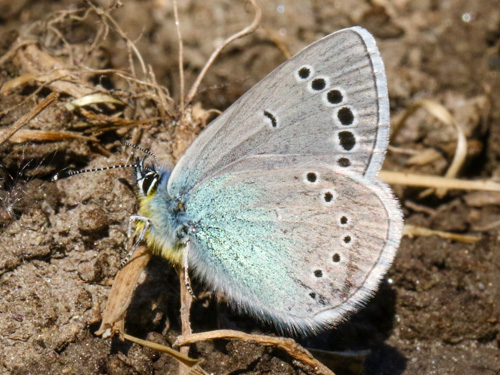
Valais, Switzerland, April 2017
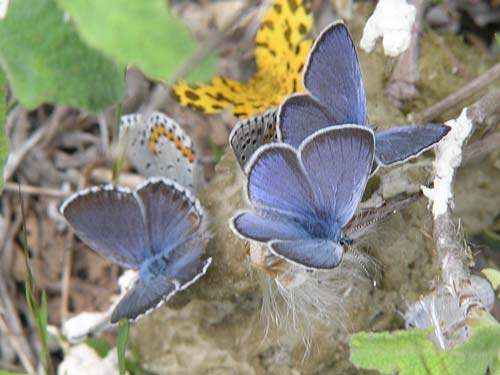
Kozani, Greece, May 2004
Two G. alexis on the right taking salts on dung. Keeping good company with three bavius blues P. bavius, a small blue C. minimus (bottom right behind the leaf!) and a speckled yellow Pseudopanthera macularia moth.
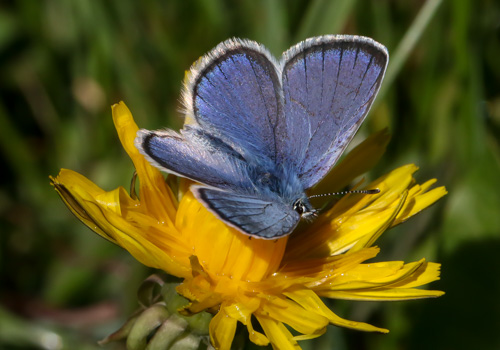
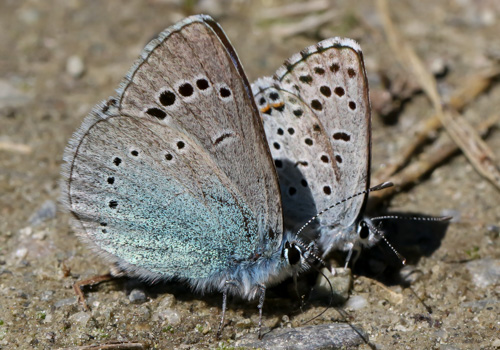
Valais, Switzerland, May 2022
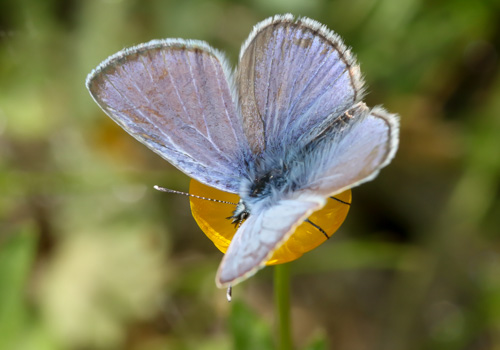
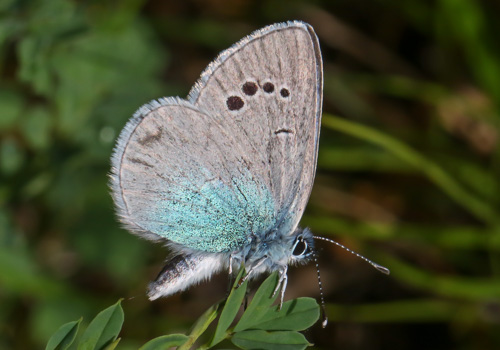
Digne les Bains, France, May 2022
